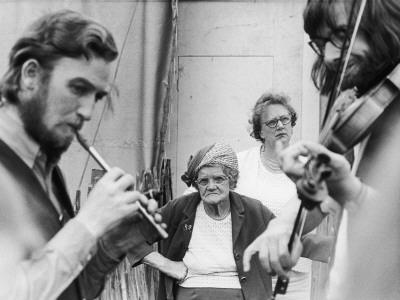From a study by Claudius Conrad
We recently completed a study on critically ill, intubated ICU patients to investigate whether a well-defined selection of Mozart music can alleviate stress in critically ill patients, and how this effect might be mediated physiologically. The patients, while off sedation, were exposed to a 1-hour session of slow movements of Mozart’s piano sonatas. Before and after the intervention, a defined set of stress hormones, cytokines, and physiologic parameters — such as heart rate and blood pressure — were determined. We demonstrated that, compared to controls, music significantly reduced the amount of sedative drugs needed to achieve comparable levels of sedation. Simultaneously, among those receiving the music intervention, plasma concentrations of growth hormone rose, whereas those of interleukin-6 and epinephrine fell. The reduction in systemic stress hormone levels was associated with a significantly lower blood pressure and heart rate. Based on these findings, we developed a model of how music might act on neurologic, hormonal, and humoral levels to effect this relaxation.
While Conrad warns that this study requires further investigation, it’s clear that easy, inexpensive interventions, even in the most seriously ill patients, do work. Sometimes, people become too ill for there to be much to do, but at this stage, anything might help and the evidence is mounting, study by study, day by day, that classical music can be an essential part of the healing process.
Even if all we can do is make someone’s end a bit easier, it’s worthwhile to try putting a small radio in the room tuned to a nearby classical station, or bringing in a CD or mp3 player and headphones. I’d be interested in seeing the longer-term effects, since this was after exposure to only one hour of music. What would happens over several sessions? Weeks? Months? A lifetime?
